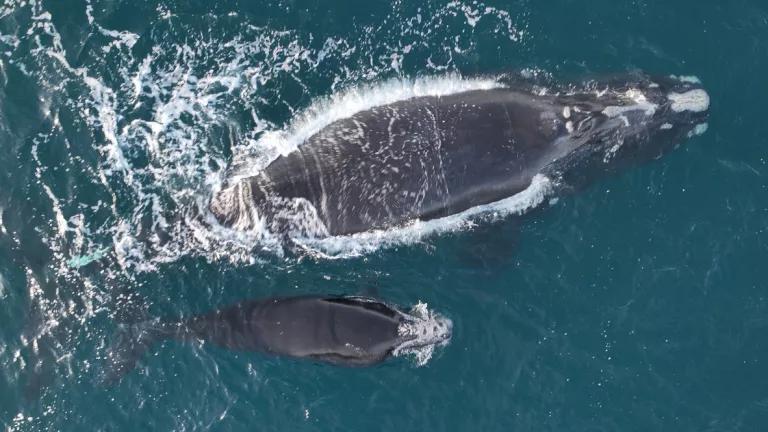
Courtesy of Fish and Wildlife Service
While the last few months fortunately haven’t seen much activity in terms of bill movement, a flurry of anti-ESA bills have been introduced as legislators start the 113th Congress.
One of these is Rep. Lee Terry’s (R-NE) Northern Route Approval Act (H.R. 3), which was introduced March 15. At first glance, it looks similar to the other bills Lee has offered to authorize the Keystone XL pipeline. But, upon closer examination, the bill goes further than his previous ones by preventing Endangered Species Act challenges to the project based on the American burying beetle. While insects may not be everyone’s cup of tea, every species serves a role in its ecosystem. Furthermore, preventing the protection of any species chips away at the core of the ESA – and, after too much chipping, the Act will be gone.
Another is Rep. Flores’s (R-TX) H.R. 1314, which makes it easier (almost automatic) for stakeholders to intervene in ESA litigation. Sen. Cornyn (R-TX) introduced a companion (S.19) in February. This bill would make lawsuits under the ESA far more cumbersome. It would also block funding for citizens suits that result in a consent decree or settlement, thereby reducing the incentive for timely resolution. Bill supporters may not realize that this would not only affect environmental groups, but also those groups challenging endangered species listings. Lastly, the bill would require that all states and counties where the endangered species reside sign off on proposed settlements under the ESA, making settlements regarding endangered species practically impossible, particularly in relation to species that have a large geographic range.
Finally, Rep. Young reintroduced a bill from last Congress (H.R. 1819) that would exempt polar bears from some of the protections they currently receive under the Marine Mammal Protection Act (MMPA). Due to the decline in their populations caused by climate change and the commercial trade in their parts, polar bears are currently protected under the Marine Mammal Protection Act. As a result, an individual can shoot one in Canada, but can’t bring it back to the U.S unless he or she obtains a permit. However, H.R. 1819 would exempt polar bears from this part of the MMPA.
Many other Members also introduced their anti-ESA bills from last Congress, including this one and this one. And it's safe to say we'll see more repeats of some pretty ridiculous proposals as the 113th Congress continues.




